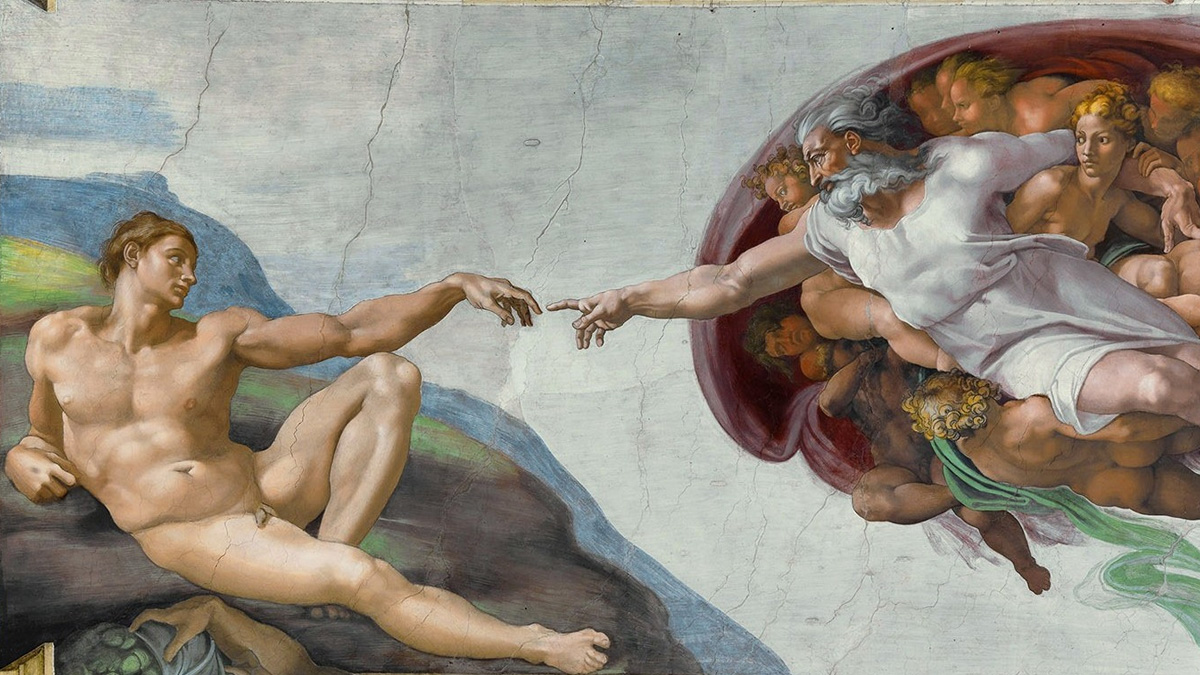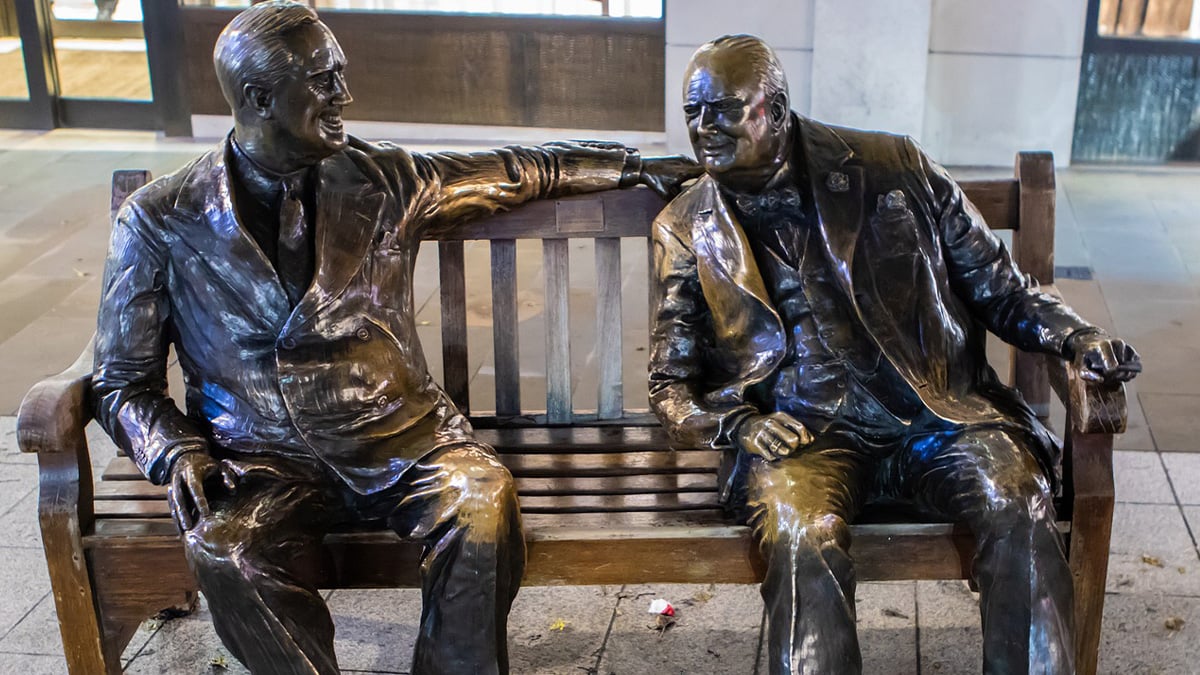One doesn’t have to be a history aficionado or hail from the United Kingdom to be familiar with British Prime Minister Winston Churchill. The statesman famously led the British through the horrors of World War II and fostered strong alliances that secured the Allies victory over Nazi Germany and its allies in the Axis.
Churchill was an imperfect leader, but his unorthodox rise to military prominence (he failed the entrance exam to enter the Royal Military College at Sandhurst three times before passing) and his unceasing philosophical pursuits forged him into a capable leader with strong morals during a time when his country couldn’t have needed it more.
What was Winston Churchill’s religion?

Winston Churchill’s religious beliefs were thoroughly challenged during his life and scoured after his death. He and Queen Elizabeth penned letters to one another throughout his life, and even the Queen had probing theological questions for Churchill. The Churchill Project has a lengthy essay theoretically unpacking the Statesman’s belief system, which heavily intertwined humanism with the theologico-political application of his morality.
All those big words to say: it’s complicated.
Churchill was christened in the Church of England when he was young, but as he grew, his perception of religion changed. Churchill had a very tenuous relationship with his parents, Lord and Lady Randolph Churchill. His father served in Parliament, and his mother was a well-known and respected American socialite. As was customary in those days, Churchill’s parents left the child-rearing to a small army of nannies and servants, and when he was old enough, Churchill was sent to a live-in boarding school.
The school he attended had strict moral discipline and regular religious services. Young Churchill disliked the ritual, and “developed a distaste for the Pope and Catholicism” in particular, but while at school he had to adopt a “broad-minded tolerance and orthodoxy.” It manifested as a “violent and aggressive anti-religious phase,” but one that would pass as Churchill got older.
After graduating from the Royal Military College, Churchill was deployed to Bangalore, India, where he began exploring spirituality. He never found a secular religion, but he did adopt a strict code of morality, one akin to that practiced by the ancient Romans and Greeks. Before the Battle of Omduran, he told his mother, “I do not accept the Christian or any other form of religious belief.”
Churchill denied the divinity of Christ, but claimed the religious figure was a great moral teacher. He once said that though he didn’t recognize Christ as God, he “recognized him as the finest character who ever lived.”
His beliefs eventually morphed into a sort of agnosticism. While Churchill felt that there was some sort of providential deity, he believed that it was only loosely involved in human affairs, but that its “all-wise hand” guided humans on a “mission of bearing peace, civilization and good government to the uttermost ends of the earth.
His belief system eventually morphed into something akin to Christian Humanism, which views Christ and God through a human lens, focusing on human dignity, individual freedoms, and the pursuit of happiness.
While Churchill was by no means a devoutly religious man, his acceptance of Christian Humanism allowed him to bridge that gap between philosophic truths and Christian moral teachings. Historians theorize that this hybrid approach made Churchill a decisive leader capable of guiding his people through one of the most harrowing times in recent history.
How tall was Winston Churchill?

Despite his impressive achievements and monumental stature as a leader, Churchill was rather average in height. Standing at 5’ 6” (approximately 168 cm), he was shorter than most of the heavy hitters in WWII, including American President Franklin D. Roosevelt, who towered over his opposition at 6’ 2” (189 cm) – but only when his infirmity allowed.
This number is frequently debated, however. It has been reported that Churchill was 5’ 7” by some sources.

